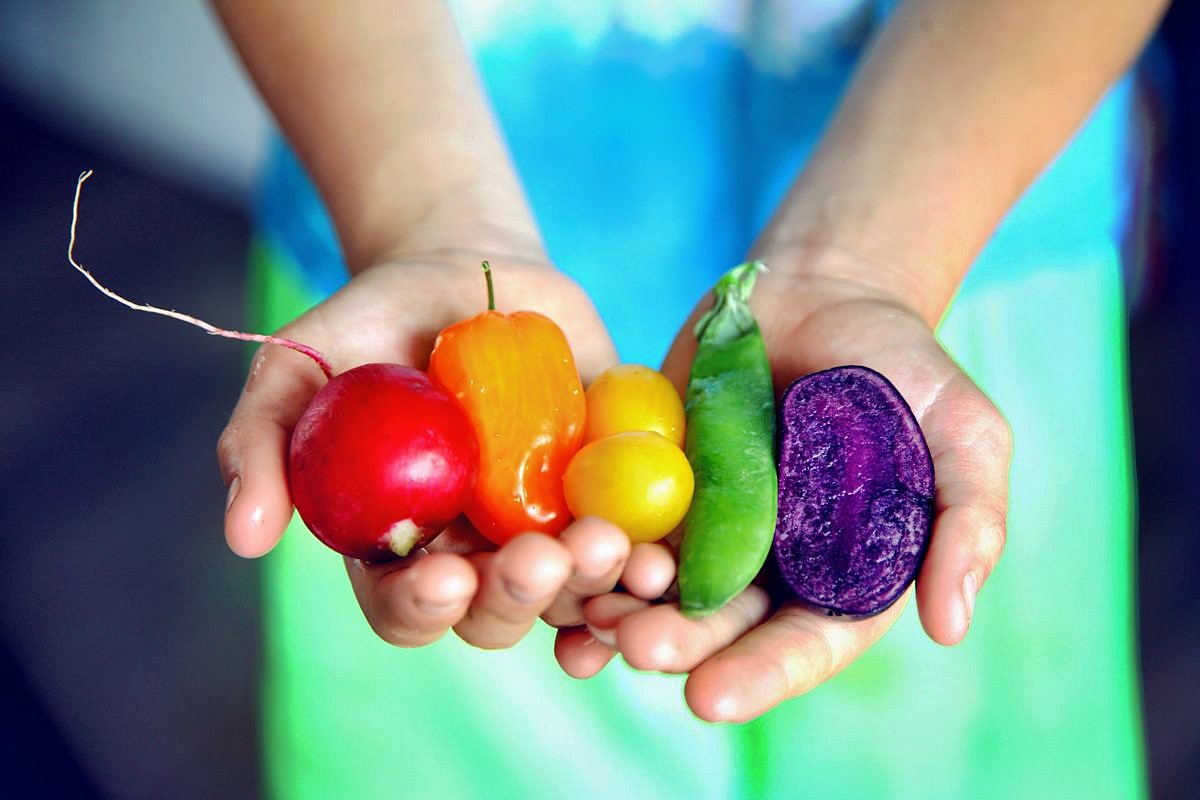Introduction 👋
💪 Buckle up as we dive into the fascinating world of vegetables and their true impact on heart health. Get ready to challenge conventional wisdom and unlock a deeper understanding of how our bodies work. 🧠
Busting Myths: Vegetables Don’t “Clean” Arteries 🚫🩺
Many claims surrounding vegetables suggest they can “clean” our arteries or lower blood pressure like medication. 💊 However, these statements are overly simplistic and misleading. There are no nutrients that can directly “scrub” our arteries or act as magical cures. 🧹 While well-intentioned, using phrases like “superhero veggies,” “caped crusaders,” and “heart-loving nutrients” can create a superficial and incomplete understanding of how vegetables truly benefit our health.
Understanding the Root Causes 🌱
The real culprits behind heart disease and clogged arteries are genetics, chronic low-grade inflammation, and oxidative stress. 🔬 Processed foods, excess sugar, carbs, and seed oils contribute to insulin resistance, overeating, and nutrient deficiencies, ultimately leading to conditions like type 2 diabetes, metabolic syndrome, and obesity. 🍔🍩 Instead of viewing vegetables as a “treatment” for symptoms, we need to understand and address these underlying root causes.
The Power of Vegetable Displacement 🥦🍅
When we fill our plates with fresh, nutrient-dense vegetables, we automatically replace processed, unhealthy foods. 🍔➡️🥗 This simple act reduces our intake of harmful ingredients and helps reverse the mechanisms behind heart disease. By crowding out junk foods with nutrient-rich plant-based options, we naturally shift our dietary patterns towards a healthier path.
Micronutrients vs. Macronutrients 🥕🥩
Vegetables are often touted for their vitamin and mineral content (micronutrients). 💎 However, animal products like meat, fish, nuts, and seeds also provide ample micronutrients. Conversely, vegetables typically contain fewer macronutrients (protein, fat, and carbohydrates) than animal-based foods. 🥩>🥦 While micronutrients are essential, the unique value of vegetables lies elsewhere.
The Gut Microbiome: The Unsung Hero 🦠👑
The real magic of vegetables lies in their non-nutrient components, such as fiber and phytochemicals. 🌱 These substances help modulate our gut microbiome, a vast ecosystem of beneficial bacteria crucial for our overall health. By selectively inhibiting harmful bacteria and promoting beneficial ones, these non-nutrients create a balanced and diverse gut environment. 🌈 This harmonious relationship between plants and our gut microbes is often overlooked but plays a vital role in maintaining optimal health.
Embracing Variety and Diversity 🌳🌺
Instead of labeling certain vegetables as “superfoods,” the key is to embrace variety and diversity. 🥬🍆🌽 Consuming a wide range of plant-based foods exposes our gut microbiome to a diverse array of fibers and phytochemicals, fostering a thriving and resilient microbial community. This diversity helps maintain a healthy gut flora, which in turn supports numerous bodily functions, including digestion, immunity, and even mental well-being.
Personalization and Mindful Reintroduction 👥🔄
For those with food sensitivities or gut imbalances, a temporary elimination diet or even a carnivore approach may be necessary to reduce inflammation. 🥩 By removing potential triggers and allowing the gut to heal, individuals can create a clean slate. However, the ultimate goal should be to mindfully reintroduce a diverse range of plant-based foods, gradually restoring a balanced and diverse gut microbiome for optimal health. 🌱💪 This process may require patience, trial and error, and personalized guidance, but the rewards of a thriving gut ecosystem are invaluable.
Embracing a Holistic Approach 🌿🧘♀️
Achieving true heart health and overall well-being requires a holistic approach that goes beyond quick fixes or miracle cures. It involves addressing lifestyle factors such as stress management, regular exercise, and quality sleep, in addition to a nourishing, plant-rich diet. 💆♂️🏃♀️🛌 By cultivating a balanced and harmonious relationship with our bodies, we create an environment conducive to healing and vitality.
Conclusion 🌟
Vegetables alone may not be the “cure-all” for heart health, but they play a crucial role in supporting a balanced gut microbiome and displacing unhealthy foods. By understanding the intricate interplay between our diet, gut bacteria, and overall health, we can make informed choices and embrace a diverse, plant-rich lifestyle for long-term wellness. 🌍💚 Let’s move beyond oversimplified claims and embrace the true power of vegetables as allies in cultivating a vibrant, thriving inner ecosystem.
Copyright © 2025 Hea1th.net

